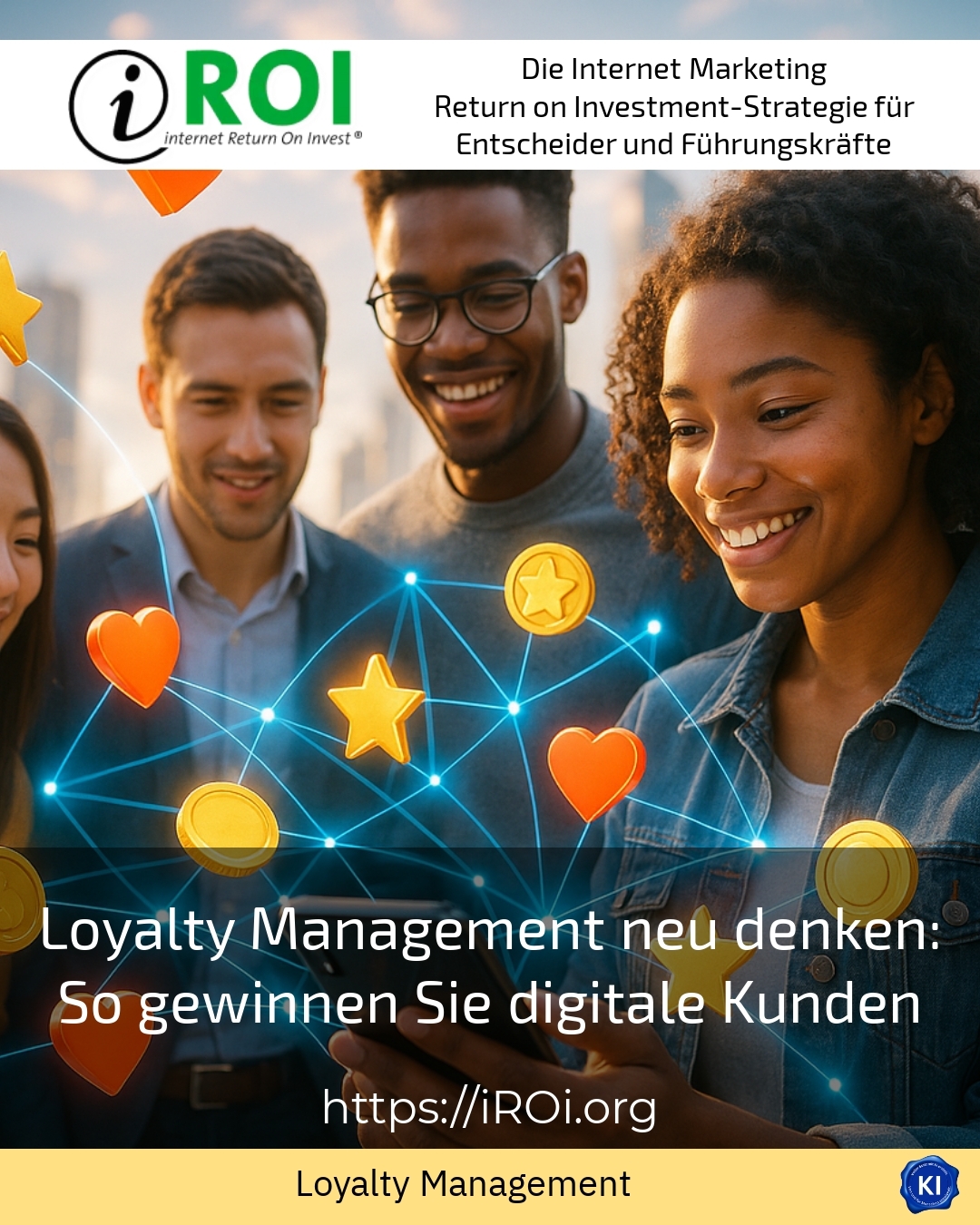In the age of digitalisation Loyalty management is a decisive factor for the success of companies. It is no longer just about winning customers, but also about retaining them in the long term and promoting their loyalty to the brand. An effective Loyalty management The marketing strategy must be more than just discounts or rewards; it must be individually tailored to the customer's needs and enable personalised communication.
The importance of the data cycle in loyalty management
A positive data cycle is crucial in order to address customers in a personalised way and meet their expectations. To do this, data must be collected and analysed in order to create targeted offers. Studies show that many customers are willing to disclose data if they receive personalised experiences in return[3]. A good example of this is the collection of purchasing behaviour data in order to provide customers with targeted offers that are tailored to their interests.
Some companies use AI-supported software for the Loyalty management, to make these processes more efficient[11]. These systems make it possible to analyse customer movements and launch personalised campaigns based on this.
Technological solutions for modern loyalty management
Technological solutions play a central role in modern Loyalty management. Customised apps and white label solutions enable companies to reach customers directly via smartphones. These apps are designed entirely in the corporate design of the respective company, which creates a personalised application for customers[1]. This allows companies to increase their customer frequency and sales by catering specifically to the needs of their customers.
BEST PRACTICE at a major retailer: By using white-labelled apps, a well-known retailer such as Müller was able to significantly increase customer interaction. The app makes it possible to interact via till receipts by allowing customers to scan QR codes. This effectively binds customers to the brand without the need for additional hardware[1].
Focus on customers
Another important aspect is the identification of the target group and the development of a suitable content strategy. Companies should create targeted content that meets the needs of their customers[2]. For example, companies can use FAQs or blogs to address frequent customer questions and thus strengthen trust in their brand[8].
Customer loyalty through digital marketing
Digital marketing is a central component of modern Loyalty management. By using digital marketing strategies, companies can not only acquire new customers, but also retain existing customers in the long term. Pull strategies, such as inbound marketing, are particularly effective as they enable customers to take a voluntary interest in the brand[6].
Further examples from the industry: Some companies use social media and online adverts to increase their visibility. These strategies make it possible to reach potential customers and lead to stable customer relationships[4].
Strategic approach to acquiring new customers
The acquisition of new customers on the Internet takes place in several phases. Firstly, the focus is on visibility, followed by the conversion of interested parties into leads. These leads must then be qualified in order to realise sales[4]. Effective Loyalty management begins with the acquisition of new customers by winning potential customers through targeted personalisation.
Practical application: A well-structured process for acquiring new customers also includes the use of content strategies. Companies create targeted content to arouse and maintain the interests of the target group[2].
Monitoring and optimisation in loyalty management
An effective Loyalty programme requires constant monitoring and adaptation. This includes monitoring user data and continuously optimising the programmes in order to strengthen customer loyalty[5]. Through regular analyses, companies can identify weak points and react accordingly to increase the effectiveness of their programme.
My analysis
Overall Loyalty management is not an isolated measure, but an integral part of a comprehensive marketing strategy. By integrating technology, personalisation and targeted incentives, a brand can build and foster long-term relationships with its customers. iROI coaching supports companies in developing and implementing such strategies to maximise customer loyalty.
Further links from the text above:
Rethinking digital customer loyalty: AI, gamification and apps
Convince customers with digital acquisition and content
5 tips for more customer loyalty and customer retention in e-commerce
For more information and if you have any questions, please contact Contact us or read more blog posts on the topic internet Return on Investment - Marketing here.















